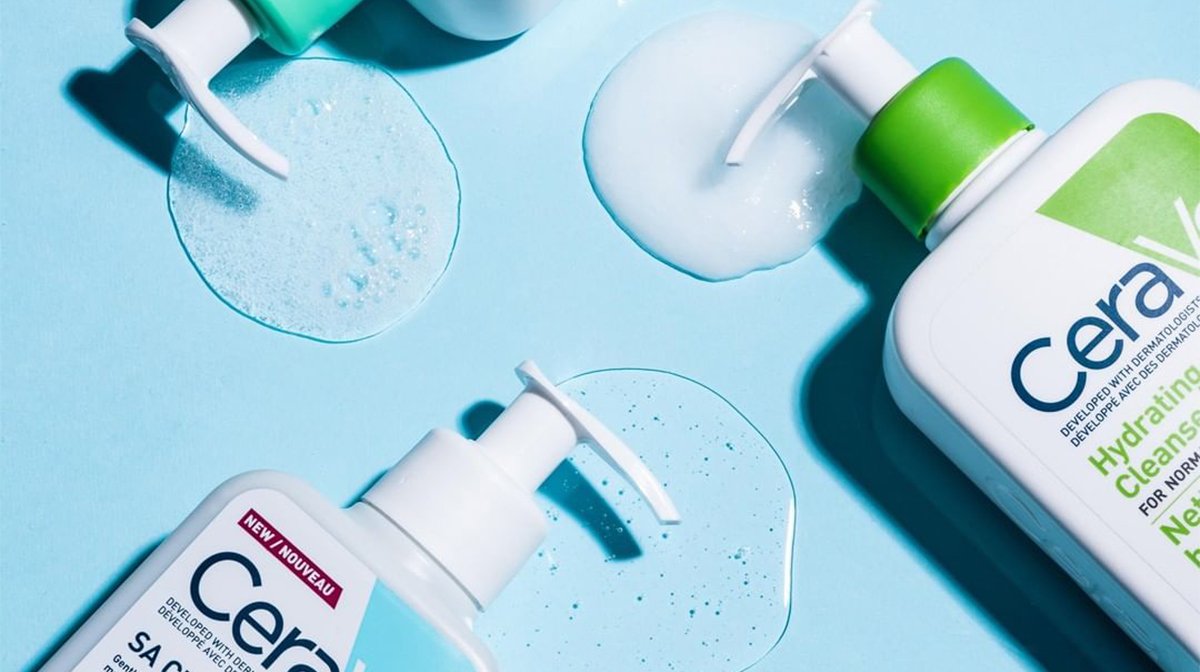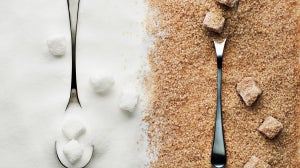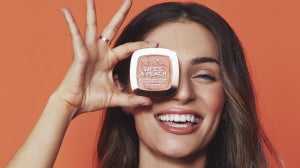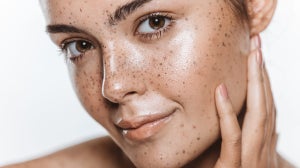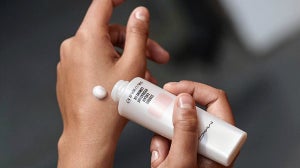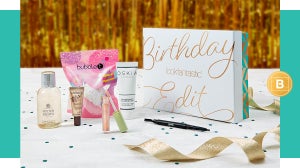
Acne can affect anyone at any point in their lives and contrary to popular beliefs, it isn't just a teenage skin condition that magically disappears for everyone. Over the past year, acne has become an increasingly common with more and more people seeking a solution to clear those pesky pimples. From 'maskne', to 'backne', blemishes can appear for a number of reasons, in multiple different areas. We have put together the ultimate guide on everything you need to know about acne and how to prevent future breakouts so that your skin stays healthy and clear this new year!
What is acne?
Acne is an inflammatory skin condition that forms when the hair follicles or 'pores' become blocked with oil, dead skin or dirt which can form different types of blemishes:
- Blackheads: form when the pores become blocked, leaving them open and with a 'black' appearance
- Whiteheads: form when the pores become blocked but are still closed
- Papules: smaller red blemishes but often without puss
- Pustules: as the name suggests, these are lager, raised blemishes that form from a build up of pus in the pore
- Nodules: hard lumps that form underneath the skin with a closed pore
- Cysts: often painful, larger, puss filled lumps; the most severe form of acne
What causes acne?
A big step in treating and preventing acne is understanding what is causing it. Though it definitely won't hurt to improve your personal hygiene, making sure you wash your face twice a day, and eat a healthy diet, this isn't one of the causes of acne. So what does cause blemishes?
- Excess oil production: oil or scientifically known as Sebum, is naturally produced by the skin. However when too much of this is created, it binds with dead skin cells and forms a blockage in the pores.
- Bacteria: Pustules, Nodules and Cysts are formed by bacteria building up in these blocked pores, creating puss and inflammation which can cause breakouts to become painful and enflamed.
- Hormones - Testosterone causes an increase in sebum production which contributes to blocked pores. Despite this being known as the 'male hormone', it is present in both men and women and is often the reason why women tend to experience breakouts around their period.
How to prevent acne
Cleanse
Cleansing your face morning and night helps to eliminate any build up and excess oil that has gathered on the face throughout the night and day that could contribute to the blockage of pores. For acne-prone skin, a gentle exfoliating cleanser containing Salicylic acid is a great option. Salicylic Acid is a BHA that is soluble in oil, meaning that it can penetrate further into the skin's layers and deeper into the pores to help unclog any build up of sebum or dead skin. Gentle on the skin, Salicylic acid doesn't add to the inflammation already caused by blemishes and helps to unblock pores and prevent bacteria from forming.
Also effective in tackling breakouts, Niacinamide helps to regulate oil production whilst retaining moisture; perfect for anyone with acne-prone and dry skin. The CeraVe Foaming Facial Cleanser is a blend of Niacinamide, Hyaluronic Acid and ceramides that work together to purify and soothe the skin, helping to prevent future breakouts.
Use an Acne Treatment
Add a targeted acne treatment into your skincare routine before moisturiser to help prevent inflammation, oil and bacteria build up. The La Roche-Posay Effaclar A.I. Breakout Corrector uses Niacinamide to purify pores, LHA solution to exfoliate and remove excess residue, and unique Thermal Spring Water to soothe the skin. Designed for sensitive skin, the calming formula offers additional support and hydration on top of your usual moisturiser.
Moisturise
Moisturising is one of the most important steps in any skincare routine, even if you have oily skin. A good moisturiser helps to support the skin's natural barrier, making it stronger and healthier and protecting against any irritation and dryness that can make acne more inflamed and prominent on the face. To avoid clogging pores further, opt for an oil -free moisturiser such as the La Roche-Posay Effaclar Duo+. The lightweight moisturiser is designed specifically for oily and acne-prone skin, formulated with Niacinamide, Glycerin and Salicylic Acid to minimise the appearance of blemishes and keep the skin clear and healthy. The moisturiser is suitable for sensitive skin, meaning it won't dry the complexion out or cause irritation, and works to hydrate and soothe, regulating sebum production to give a matte finish.
SPF
Wearing SPF is a must for every skin type all year round. Sun damage can not only cause dark spots and premature ageing for everyone, but for those suffering from acne, sun damage can contribute to scarring and cause more inflammation around blemishes. Use a moisturiser with SPF 30 or higher already in or add a sunscreen on top of your moisturiser, especially on sunny days, to stay protected.
Other top tips
- Keep your skincare routine consistent to avoid flare ups
- Try not to pick or squeeze blemishes as this can cause scarring and spread oil around your face
- Properly remove makeup at the end of the day by double-cleansing

